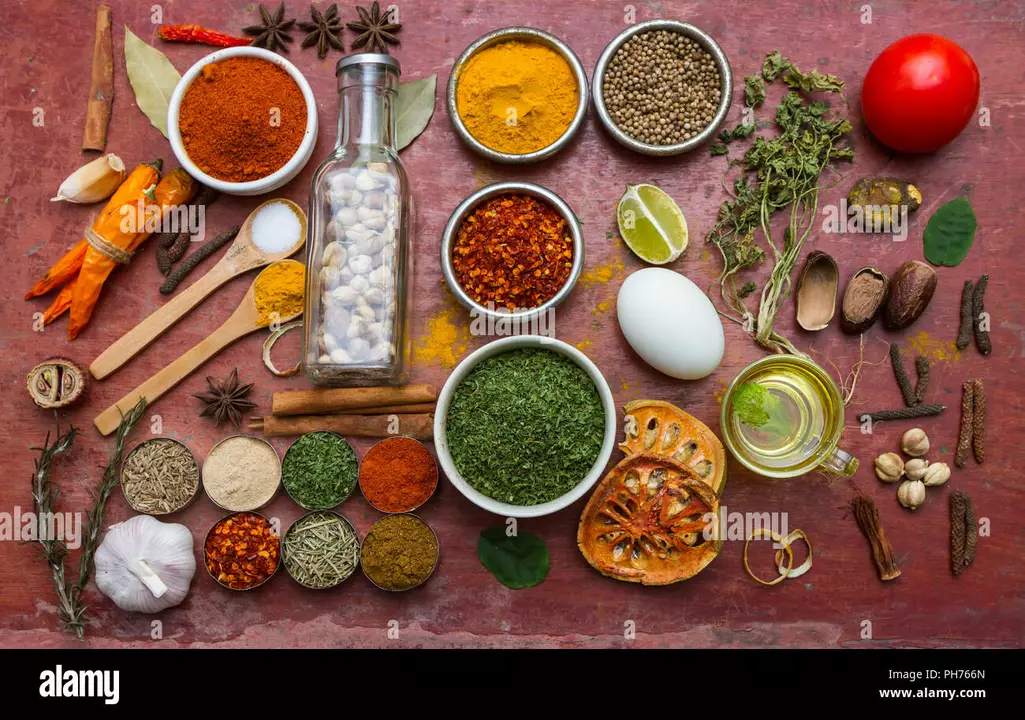Addiction: How to Spot It and What to Do Next
Addiction isn't just about drugs or alcohol. It can be about gambling, gaming, shopping, or even food. The common thread is loss of control: you keep doing something even when it harms your health, work, or relationships. If you're worried about yourself or someone you care about, the first useful move is to look for clear signs and take small, practical steps toward help.
Watch for these signs: strong cravings, failed attempts to cut down, withdrawal symptoms, hiding behavior, and neglecting responsibilities. Notice patterns over weeks, not just bad days. If work, money, or family life suffers because of a habit, treat it as a red flag, not a moral failure.
How to get help today
If you need help now, pick one simple action: tell a trusted friend, call a local health clinic, or make an appointment with a doctor. Medical professionals can assess risk, offer detox if needed, and suggest therapy. For many addictions, a combination of medical care and counseling works best. Don’t wait for rock bottom — early care reduces harm and speeds recovery.
Types of professional help include outpatient therapy, inpatient rehab, medication-assisted treatment (for some substance problems), and peer support groups. Cognitive behavioral therapy (CBT) helps change thinking and behavior. Support groups like 12-step programs give routine and peer accountability. If cost is a worry, clinics often offer sliding fees or government programs. Ask about options when you call.
Practical tips to stay on track
Set small goals. Replace triggers with healthier habits: take a walk, call a friend, or practice breathing for five minutes when cravings hit. Remove easy access to the substance or device if you can. Build a daily routine with sleep, food, and exercise — it stabilizes mood and lowers cravings.
Learn to talk about it without shame. If you’re supporting someone else, listen first. Offer help with appointments, childcare, or transport. Avoid blaming or lecturing — it pushes people away. Encourage professional care and check in regularly.
Relapse can happen and doesn’t mean failure. Treat a slip as a signal to adjust the plan: contact your provider, review triggers, and rebuild structure. Keep a short list of emergency steps: who to call, where to go, and what to avoid. If there’s immediate danger — overdose, self-harm, or severe withdrawal — seek emergency medical help right away.
Addiction is treatable. Small steps matter more than perfect plans. Start with one concrete action today and ask for support. Recovery usually takes time, but practical, steady moves move you forward.

Can one be addicted to spices (in Indian food for example)?
Spicy food is an integral part of many cultures, but can one become addicted to it? The answer is yes. Spicy foods, especially those eaten in Indian cuisine, contain compounds that are known to be addictive. These compounds trigger the release of endorphins in the brain, causing a pleasurable feeling that can lead to an addiction. People who eat spicy foods regularly may find themselves craving it more and more, despite the intense burning sensation it can cause. Additionally, the body can become conditioned to the level of spice, meaning that addicts may need to increase the amount of spices in their meals to get the same pleasurable feeling. Ultimately, it is possible to become addicted to spices in Indian food, and it can be difficult to break the cycle.